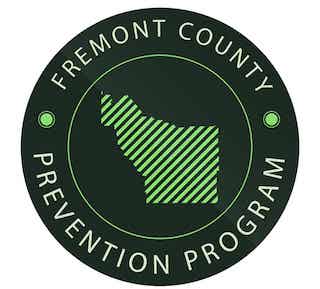As we recognize Children’s Mental Health Awareness Week (May 1-7), it’s important to know the facts and real concerns that impact our children in today’s world. Last year, the U.S. Surgeon General issued an advisory to highlight the urgent need to address the nation’s youth mental health crisis which was greatly impacted by the COVID-19 pandemic.
Before the COVID-19 pandemic, mental health challenges were the leading cause of disability and poor life outcomes in young people, with up to 1 in 5 children ages 3 to 17 in the U.S. having a mental, emotional, developmental, or behavioral disorder. Additionally, from 2009 to 2019, the share of high school students who reported persistent feelings of sadness or hopelessness increased by 40%, to more than 1 in 3 students. Suicidal behaviors also increased. The pandemic only added to the pre-existing challenges that America’s youth faced by disrupting the lives of our children and adolescents.
In the fall of 2021, a coalition of the nation’s leading experts in pediatric health declared a national emergency in child and adolescent mental health.
Wyoming alone faces one of the highest rates of suicides per capita in the United States according to Centers for Disease Control and Prevention data.

Now, more than ever, it is imperative that we talk to our kids about mental health and consistently ask them how they are doing when it comes to their particular mental health. You may think your child is fine but that is not always the case. Especially as tweens and teens, they are able to put on a front of being okay even if they’re not.
Between school, social media, friend drama, peer pressure, and self-pressure, kids today, especially teens, are constantly bombarded with stressful situations. They are so connected to one another through social media and cell phones, that they don’t have a chance to shut off the world and just relax and be a kid. This is adding to and making worse the mental health issues many children face.
What can we do as parents?
For starters, as a parent in today’s world, we must know our child from the inside out. Who are their friends? What are their struggles? Do they have any anxieties? What are their hopes and dreams and does this in itself stress them out?
How do we do this?
There are many ways as parents to get to the heart of our child. Number one is talking to them honestly and openly. Let them know that they can tell you things without repercussions. Open up that line of communication. Build a bond of trust that makes them want to talk to you about what may be troubling them in their life. The good things are easy to talk about. The hard things may take time and as a parent, patience is definitely a virtue. Remember: ask questions, pay attention, start a conversation, and listen.
Spend time with your children. Family activities lead to great conversation. After all, how do you spell love? T I M E.

Start when they are young.
Waiting until your child is a teen to build that trust may not work out in your favor. As teens, children tend to shut down more towards their parents. Having this system of trust already in place from a younger age can help ease the stress that comes from having a heart-to-heart with your parent.
Remember the Sources of Strength Wheel.
Let your child know the sources of strength that are available to them. Each area of their life can be covered with these strengths but only once they are aware and knowledgable in their use. The vision of Sources of Strength is this, “We believe that many strengths are more powerful than one, and our united goal is to activate and mobilize these strengths in ways that positively change individuals and communities.”
These sources of strength include:
- Family Support
- Positive Friends
- Mentors
- Healthy Activities
- Generosity
- Spirituality
- Physical Health
- Mental Health
Each of these has its own impact and hopefully, positive results. You can teach your child to utilize each and every one while building a strong relationship and giving them the tools they need to succeed.
If your child suffers from an actual mental illness, be sure to get them the help they need. Teach them that it’s okay to reach out for help. The younger, the better. This can set them on the right path for life. Let’s all break the stigma that is put on mental illness and give our children a brighter future.

Click here to find a variety of Children’s Mental Health Acceptance Week activities, workbooks and videos for children, youth, and families as well as additional resources to start conversations about the importance of mental health at home.

For a list of resources in Fremont County, click here.



